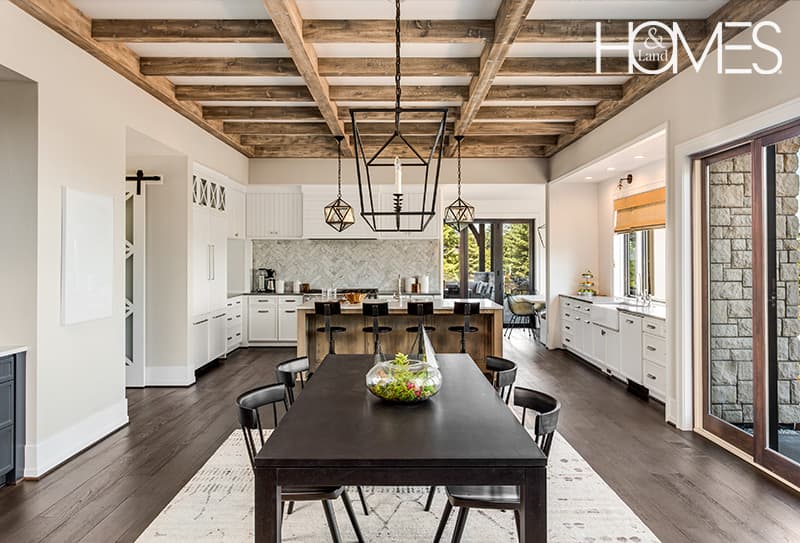Buying a home is one of the most significant financial decisions you’ll ever make, but the process...
The Five Components of a Mortgage for the First-Time Home Buyer
Buying your first home is an emotional, life-changing experience. It will likely be the most important financial decision you’ll ever make. You can build equity and create a unique space that is all your own. But buying a home can also be a challenge for a first-time home buyer looking for a mortgage to help finance the home.
We're simplifying the mortgage process for you by listing some of its most important components. Once you’re knowledgeable about what it takes to select the right mortgage options for you and your loved ones, the home buying process becomes much less daunting.
Submitting Your Application
Research your mortgage broker carefully. A lot of factors go into choosing a mortgage, so find a professional who understands your goals and can help you locate the best interest rates. Your real estate agent may recommend trusted broker. Once you've selected a broker who can help you get the right mortgage, it's time to fill out the application. This usually means submitting three months of bank statements, asset information, and proof of regular income -- enough to make the mortgage payment every month and still have a livable, remaining income. You can sometimes submit an application over the phone or online, and you should budget about 30 minutes for the application process.
Scheduling a Home Inspection
A mortgage loan almost always requires a home inspection. A certified home inspector will evaluate the property you plan to purchase and inform you, the seller, and the mortgage broker of any major home repair issues. These issues rarely include cosmetic concerns like a sloppy paint job or a closet door that sticks. Instead, home inspectors are looking for things like broken appliances, rotted floor joists, evidence of mold, or termite damage. Some people are intimidated by their home inspection, but it's really for your benefit. It’s better to find out about that bathroom floor that’s weeks away from collapse before you usher potential buyers through your house. Plus, in many cases, you can use the home inspection to negotiate with the seller.
Purchase Homeowners Insurance
Unlike auto insurance and health insurance, homeowners insurance is not a legal requirement, but your home loan company will almost certainly require you to get it. Homeowners insurance protects you from loss in case your home gets damaged in a flood, fire, or other natural disaster. Buying the right amount of homeowners insurance involves chasing down some information, like the value of your home and possessions, any history of pet aggression, and the location of your home, among other components.
Your mortgage broker should be able to recommend a reputable insurance company, or you can ask your auto insurance provider if they sell homeowners policies as well. Be certain to shop around for the very best deal.

Make Your Down Payment
Here's where you plunk down the first chunk of change in the home buying process. If you are taking out a conventional loan, your down payment will be 20% of the purchase price. Buyers who cannot pay that much may take out private mortgage insurance, which is a fee you pay to help protect the lender in case you default on the loan. If you are paying less than 5% down, you will probably need to seek an alternative loan such as a government-backed FHA, USDA, or VA loan. Besides the down payment, you'll also need to budget closing costs. Usually 2%-5% of your purchase price, closing costs include attorneys' fees, home inspections, credit reports, and a variety of other expenses.
Go to Closing
When everyone in the process is satisfied, you finally get to go to closing. Usually taking place in your attorney's office, closing is when you meet with the seller and both parties sign the final documents. You should walk away from closing with the keys to your new house in hand, one of the more rewarding experiences you can have.
Buying a home can be complicated, but the payoff is more than worth the challenges. Understanding the steps involved in getting approved for a mortgage is the hardest part. Once you know what’s involved, you’re on your way to buying the home of your dreams.
-jpg.jpeg)

